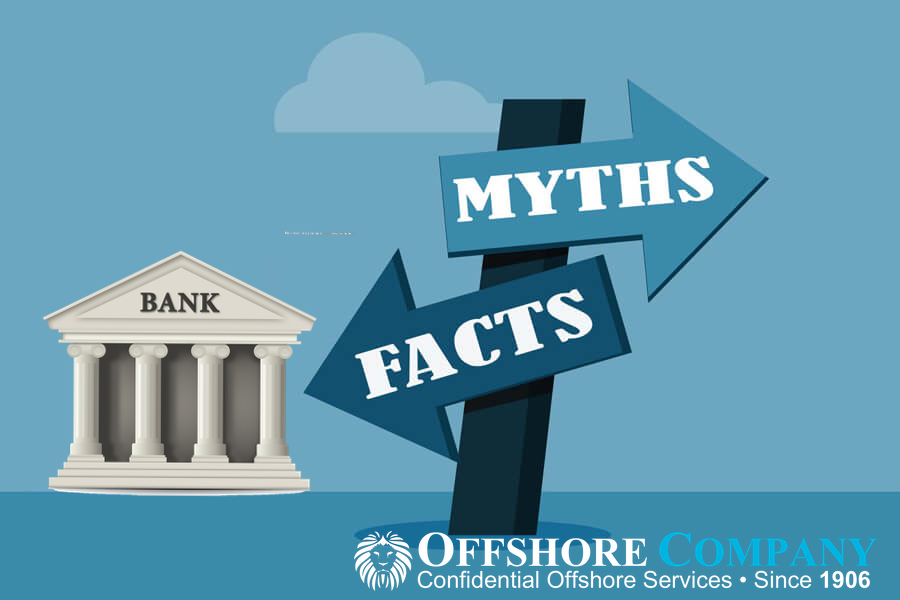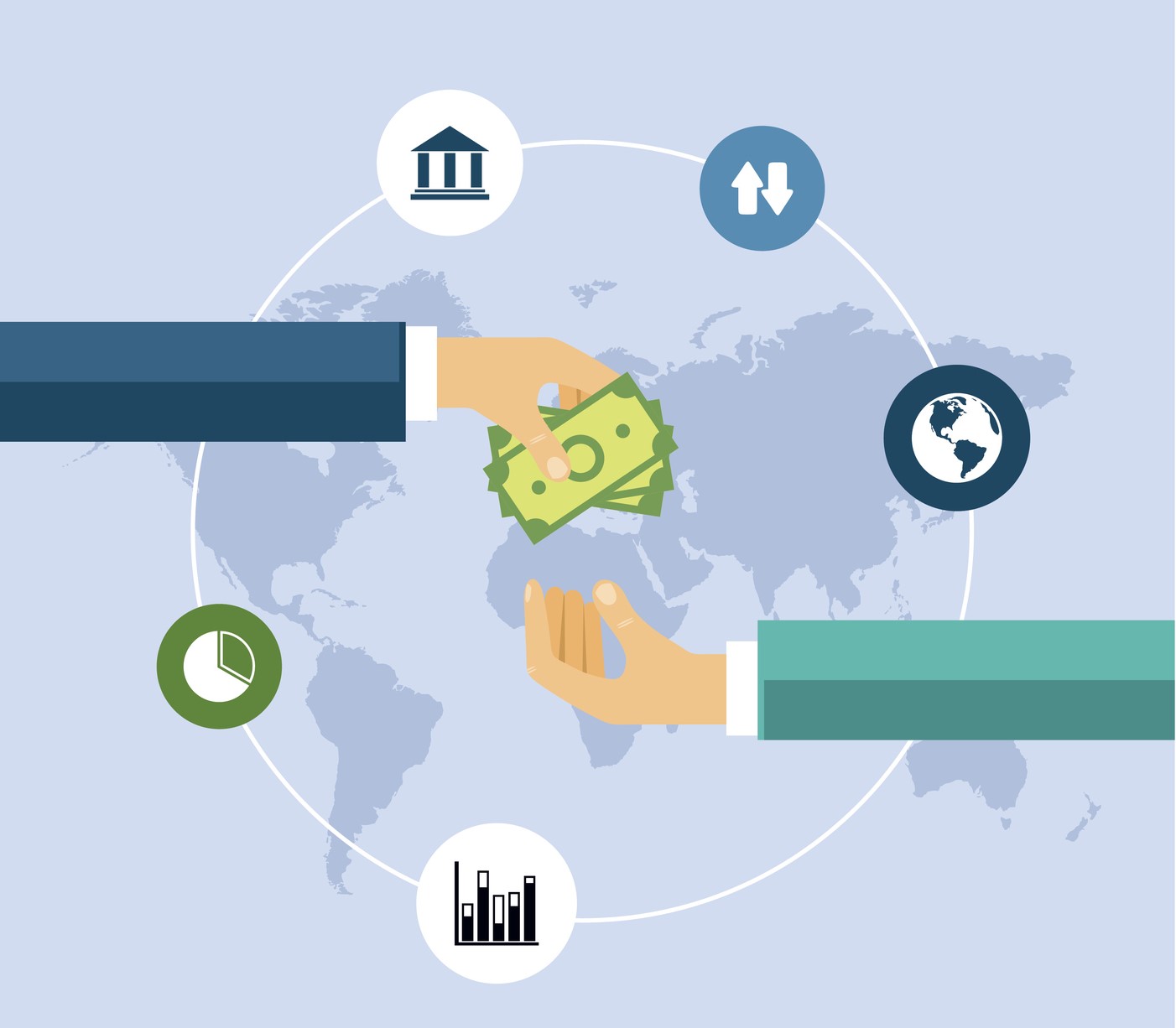Chapter 4

Offshore banking comes with a stigma. So, many entrepreneurs and business professionals don’t understand. Some cringe at the mere mention that they can keep their money safely in an offshore bank account. Images of fast, expensive boats, drug kingpins, and white suits come instantly to mind. Moreover, the proliferation of bad Hollywood movies, television shows, and negative portrayal in the press has not altered this perception. These misconceptions could not be further from the truth.

How People Really Use Offshore Banking
The fact is this. Offshore financial centers (OFC) or banks, also known as tax havens, exist mostly for the a few main reasons. They can help provide asset protection, asset growth, and tax reduction — depending on your jurisdiction. We know such institutions to cater to for foreign individuals and corporations, large and small, around the world.
Offshore bank account havens and financial centers can present real world solutions to many of the issues facing people today. It can help those looking for asset protection from pending lawsuits. It is also as a way to mitigate the ramifications of a local unstable government.
To be sure, it is best to combine an offshore bank account with an asset protection trust. With this combination, it can provide asset protection from the ordinary perils. Such perils include divorce, poor market conditions, or litigation. These dangers are common encounters in the Western world.

Offshore Bank Accounts: Money Laundering, and Other Criminal Activity
Banks around the world have one main goal when opening accounts for foreign people. That is, to keep the good ones in and keep the bad ones out. A bank can lose its license if it looks the other way when they suspect suspicious activity. It can also lose it ability to wire funds in US dollars or Euros, essentially putting it out of business. So, rest assured, when opening an account, a bank will not let you slide on providing your identity documents. They are going to want to see valid source of funds documents. Plus they will want evidence that the funds were from legal sources. The cost of obtaining and maintaining a banking license is substantial. Therefore, banks will not let you take shortcuts. When it comes to obtaining the required due diligence the bank will check all the boxes before opening your account.
It would be a misstatement to state that no illicit funds find their way into offshore bank accounts. But as we will soon see, that isn’t really saying much. In reality, let’s look at those jurisdictions that the average layperson would least suspect to be guilty. The so-called “safe” jurisdictions have more illegal banking activities than the so-called “tax havens” have. The big “ethical” jurisdictions turned out to be the major money laundering and criminal enterprise-funding centers in the world. And the United States is chief among them. The US transmits an estimated half of all of the money laundered in the world laundered within its 50 states. This half translates to a conservative estimate of $300 billion US.

Tax Evasion
Of course, the United States is not the only high-tax, or “large” jurisdiction that is home to this activity. Other countries such as the UK and Germany share in this dubious distinction. US people are taxes on worldwide income. So, moving funds offshore in the proper legal tools many provide asset protection benefits. However, it is not typically effective for tax reduction. Being that tax transparency is the new reality, tax evasion using offshore structures is neither advisable nor realistically effective.
The false perception is that the tax haven / offshore banking jurisdictions are the ideal locales for the financing of the criminal underworld. The reality, however, is that the high-tax jurisdictions house the vast majority of these funds. Low-taxation havens represent a much smaller percentage overall.
These type of facts, of course, are very rarely ever reported in the TV news and print media. The jurisdictions involved are frankly quite embarrassed by these astonishing misperceptions.

Conclusion
So, as we can see, there are many myths surrounding offshore banking. When we delve in, however, we see that offshore banking is highly regulated. Banks can lose their licenses or suffer stiff fines for taking on unsavory clientele. Regulators consistently audit banks for their know-your-client records. If a bank examiner suspects someone uses their international account for unsavory purposes, they will not get an account opened. If used in this manner after account opening, they will soon be kicked out of the bank.
A bank keeping its license depends on them following the local and international regulations. Plus, they must adhere to rigorous financial strength standards. Therefore, banks around the world work hard to follow the law. They do their best to keep the good guys in and the bad guys out. Their financial well being depends upon it.
| [1] | [2] | [3] | [4] | [5] | [6] | [7] | [8] | [9] | [10] | [11] | [12] | [Bonus] |


